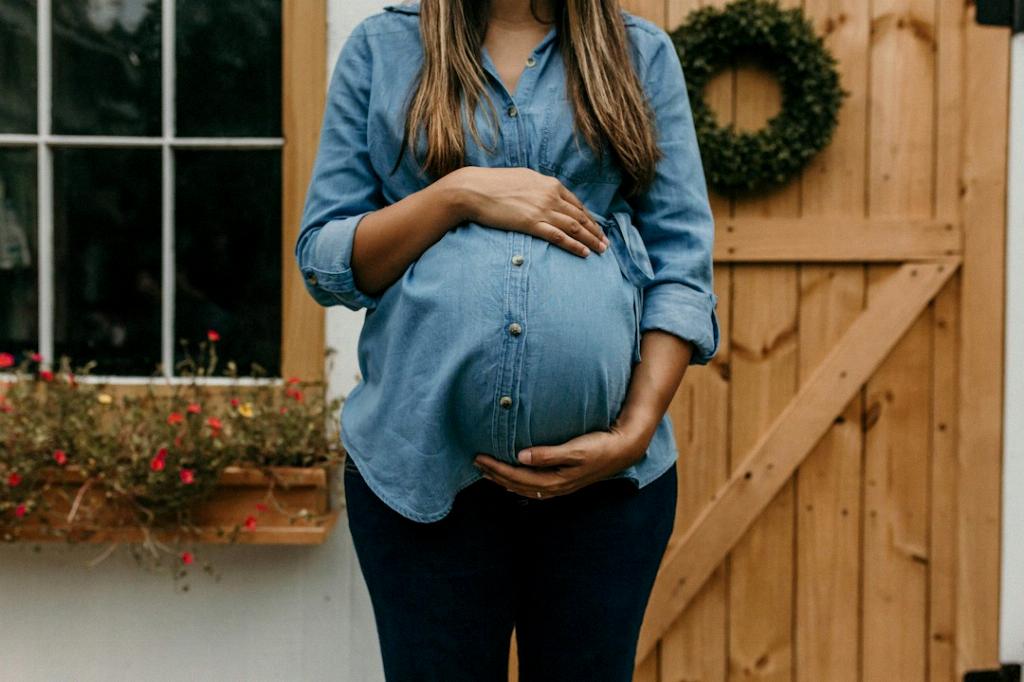During pregnancy, it is common for women to experience pain and discomfort in various parts of their body, including their ankles. There are several reasons why you might be feeling this discomfort, and it is important to understand the underlying causes.
1. Increased Fluid Retention
One of the main reasons for ankle pain during pregnancy is the increased retention of fluid in the body. As your body prepares to support the growth and development of your baby, it tends to hold on to more water, leading to swelling in the ankles and feet.
2. Pressure from the Growing Uterus
As your baby grows inside the uterus, the pressure on the blood vessels in the pelvic area increases. This can lead to poor circulation in the lower extremities, causing swelling and discomfort in the ankles.
3. Hormonal Changes
During pregnancy, hormonal changes can also contribute to ankle pain. The hormone relaxin, which helps relax the ligaments in the pelvis to prepare for childbirth, can also affect the ligaments in the ankles, making them more prone to strain and discomfort.
4. Weight Gain
Weight gain is a natural part of pregnancy, and the extra pounds can put added pressure on your ankles and feet. This increased weight can lead to aching and soreness in the ankles, especially if you are standing or walking for long periods.
5. Lack of Proper Footwear
The type of shoes you wear during pregnancy can also impact the health of your ankles. Wearing high heels or shoes that do not provide adequate support can strain the ankles and exacerbate any existing discomfort.
6. Preeclampsia
In some cases, ankle pain during pregnancy may be a symptom of a more serious condition known as preeclampsia. This condition is characterized by high blood pressure and protein in the urine and requires immediate medical attention.
7. Overexertion
Excessive physical activity or standing for long periods without taking breaks can also contribute to ankle pain during pregnancy. It is essential to listen to your body and avoid overexerting yourself to prevent unnecessary discomfort.
8. Poor Posture
Incorrect posture can put added strain on your ankles, leading to pain and discomfort. Maintaining good posture, especially as your belly grows, can help alleviate some of the pressure on your lower extremities.
9. Varicose Veins
Another common issue during pregnancy is the development of varicose veins, which can cause heaviness and pain in the legs and ankles. These swollen and twisted veins are a result of the increased pressure on the circulatory system.
10. Rest and Elevation
If you are experiencing ankle pain during pregnancy, it is essential to take breaks and elevate your feet whenever possible. Resting with your feet elevated can help reduce swelling and alleviate discomfort in the ankles.
11. Stay Hydrated
Drinking an adequate amount of water can help flush out excess fluids from your body, reducing swelling in the ankles and promoting overall wellness during pregnancy. Staying hydrated is crucial for maintaining healthy circulation.
12. Consult Your Healthcare Provider
If you are experiencing persistent or severe ankle pain during pregnancy, it is important to consult your healthcare provider for proper evaluation and guidance. Your doctor can help determine the underlying cause of your discomfort and recommend appropriate treatment options.

